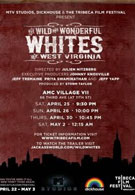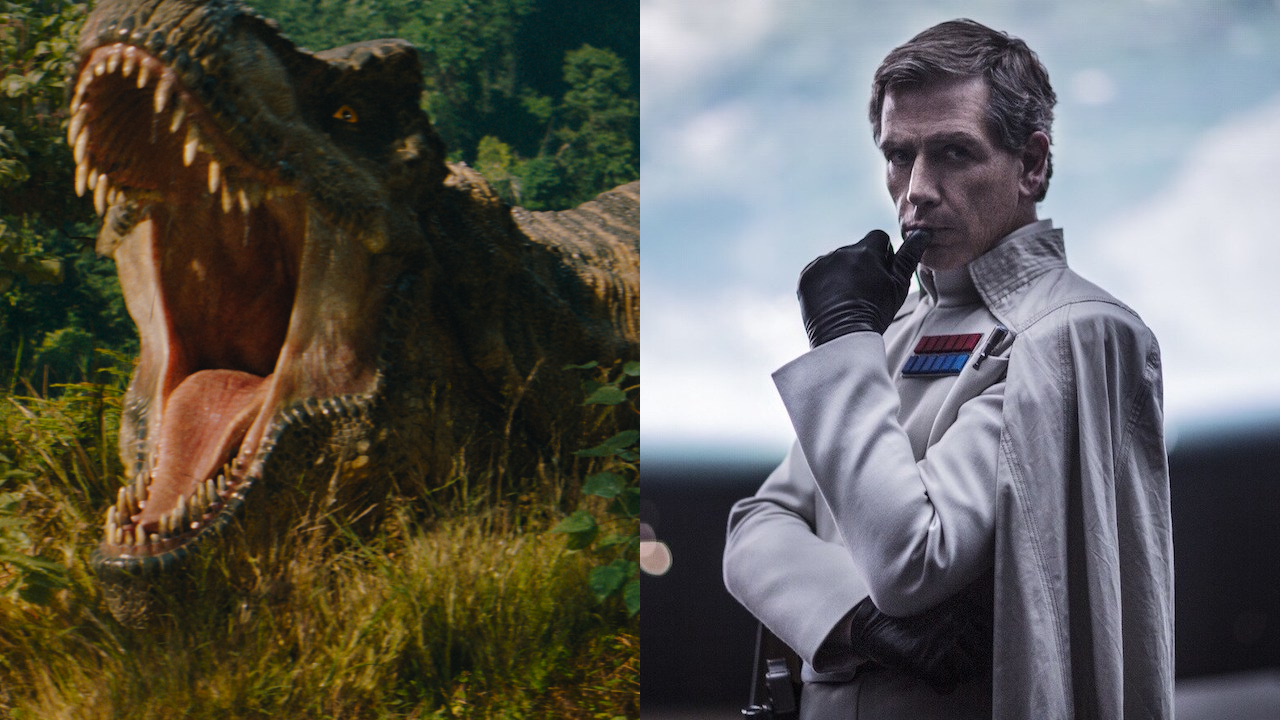Anything related to Johnny Knoxville and the folks at Dickhouse Productions is going to be shocking to say the least. The boys of Jackass likely have a few screws loose up there, but what they do is an act in an effort to provide entertainment. The Whites are not an act; they’re the real thing and that’s the most disturbing part of The Wild and Wonderful Whites of West Virginia.
There's no nice way of saying this; the Whites are white trash. In fact, that’s putting it nicely. If you ask a resident of Boone County, West Virginia about the clan, they'd likely use a derogatory term likening the family to the worst of the worst. The Whites are notorious for causing all sorts of trouble about town from drug use to robbery and even attempted murder. As far as the authorities of Boone County are concerned, the Whites are nothing but trouble.
Director Julien Nitzberg kicks off the documentary with the fun stuff. A quick introduction to the clan transitions into a sequence of clips and interviews providing insight into each family member’s situation. The patriarch, D. Ray, was killed back in 1985, leaving behind his wife, Bertie Mae, and their many descendants. Bertie Mae is on the elderly side, so Mamie has assumed the motherly duties keeping an eye on the family affairs. Often by Mamie's side is her sister, Sue Bob, and her niece, Kirk. The film occasionally highlights Jesico, the most famous of the Whites, well known for his mountain dancing skills and as the focus of the 1989 documentary The Dancing Outlaw, but mostly it keeps the attention on his lesser-known kin.
Regardless or their age, sex or drug preference, every White looks as though he or she has skipped a shower or two, boasts a mouth packed with expletives and enjoys taking part in activities that aren't lawful. Kirk admits she loves to fight, Sue Bob's son is in prison, Jesico rarely dances without a beer in his hand and across the board pill snorting is the recreational activity of choice. At one point, some of the White ladies opt to snort a powdery substance off a toilet tank cover in a bar bathroom. I have a hard time touching the door handle with my bare hand on the way out.
What begins as a few giggles at the family’s peculiarity and misfortune a la Jackass, develops into full-blown horror after the reality that the Whites are truly out of their friggin' minds and are downright dangerous sets in. Every family member declares a state of war against anyone sending an unwanted eyeball in his or her direction at least once. Kirk admits to stabbing her husband to which her young son, who looks about seven, cheers as though she’s offered to take him for ice cream. At one point, the story behind Sue Bob's son Brandon’s imprisonment is revealed and it's absolutely terrifying.
After the shock settles and you realize it’s only a movie, Nitzberg gets to the sappy stuff. The melodrama comes in the form of Kirk heading off to rehab, Sue Bob seeing Brandon sentenced to 50-years in prison and the passing of Bertie Mae. But even with this glimmer of humanity, it's hard to look at the Whites and feel any sympathy. They're a loving family and are devoted to each other (save for Brandon and the uncle standing in front of his shotgun barrel), but the way they look at and treat other people is unforgivable.
Towards the tail end of the film, Nitzberg offers evidence that the White’s values could be a direct result of the exploitation of coal miners including D. Ray White. Feeling the effects of this corruption led D. Ray to retaliate in a similar manner, finding his own way to work the system to his benefit. The segment also suggests a correlation between the industry and the White’s live-for-the-moment attitude. Clearly coal mining is a dangerous profession. That potential for risk dashed workers’ hopes for a future leaving them with a fatalistic approach to life. This concept is then passed on to subsequent generations creating families like the Whites, people with no hope for the future. Both arguments have the potential to be very convincing; it’s just too bad such a limited amount of time is devoted to the topic.
Despite that minor weakness and some material that's tough to stomach, The Wild and Wonderful Whites of West Virginia is a fascinating film. The Whites are very screen-friendly subjects even if it's for the wrong reasons. Nitzberg manages to assemble the pieces in a respectable and entertaining manner without treating the family as though they're circus freaks or exploiting them and their unusual lifestyle. The time was taken to tell their story and to tell it right; the fact that that story can garner no true sympathy is out of his hands.
Staff Writer for CinemaBlend.












